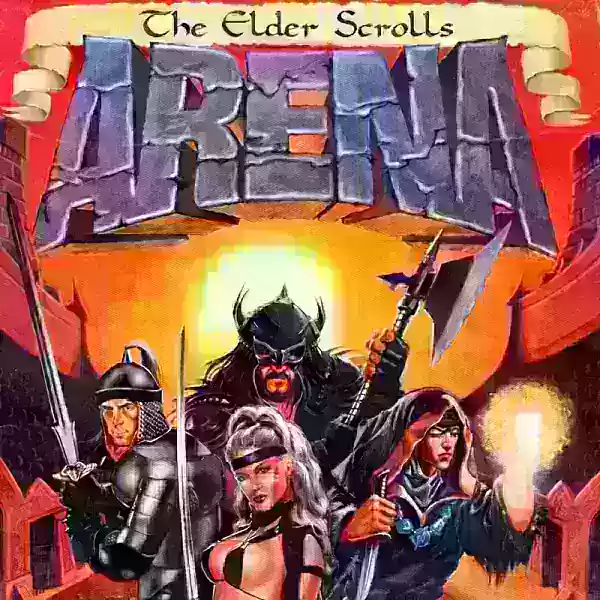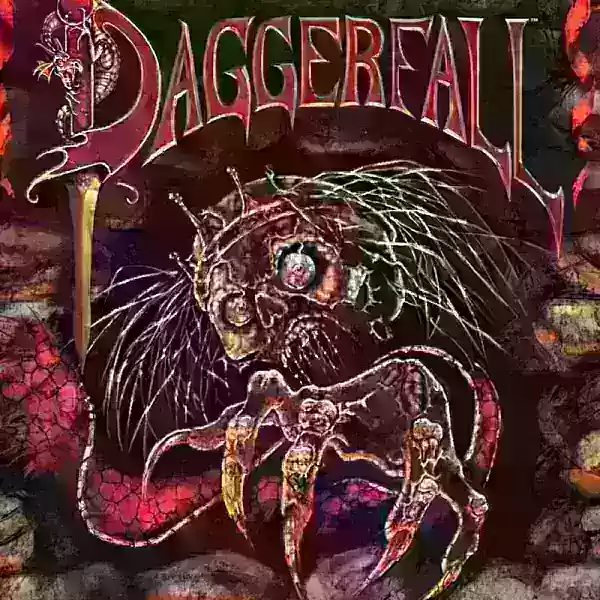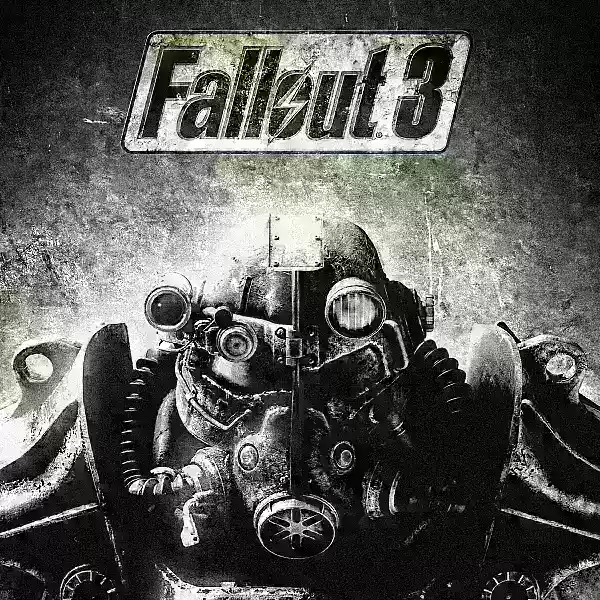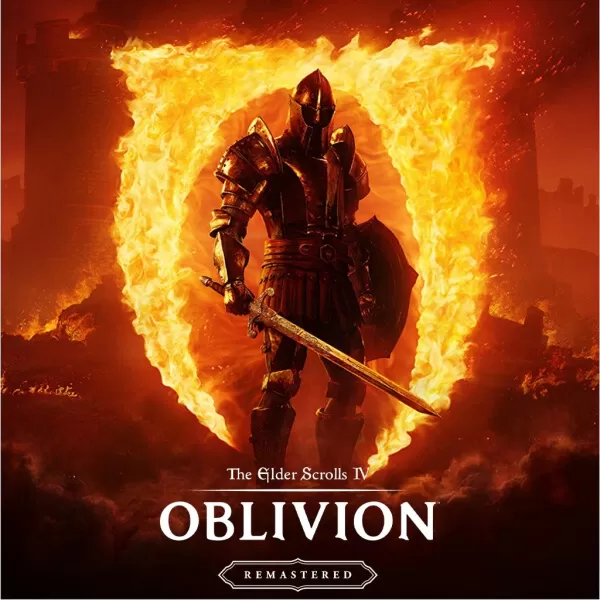Few developers become synonymous with a gaming genre, but Bethesda has so thoroughly mastered its signature style that we might as well call first-person open-world Western RPGs "Skyrimlikes" or "Oblivionvanias." Since The Elder Scrolls: Arena launched three decades ago, Bethesda Game Studios has dominated the AAA space, cultivating a devoted fanbase, record-breaking sales, and a $7.5 billion Microsoft acquisition—all built on its distinct design philosophy.
While Bethesda has delivered both masterpieces and misfires, the recent (yet unsurprising) announcement of The Elder Scrolls: Oblivion Remaster has us reevaluating our long-standing rankings. With The Elder Scrolls VI still years away—represented only by a tantalizing (if premature) logo—this list won’t be outdated anytime soon.
Clarification upfront: This ranking focuses solely on Bethesda’s core RPGs. Spin-offs like the co-op Battlespire or action-adventure Redguard don’t make the cut, nor do mobile titles like The Elder Scrolls Blades or Fallout Shelter (though the latter’s dark humor and charming Vault Boy aesthetic deserve praise).
We’re spotlighting the studio’s defining works—the expansive, genre-defining sandboxes that embody the quintessential "Bethesda Game," even if we begin with…
9: The Elder Scrolls: Arena
The franchise’s debut isn’t last due to poor quality, but because it was a trial by fire. In 1994, Bethesda had only developed sports and Terminator games—Arena blended both. Initially conceived as a medieval gladiator simulator with side quests, it evolved mid-development into a pioneering first-person RPG where fighters could explore cities, interact with NPCs, and brave brutal dungeons.
The result? A clunky yet ambitious "where-the-hell-do-I-go-em-up" reminiscent of Ultima Underworld and Might and Magic, packed with arcane systems, randomized loot, and labyrinthine quests. Combat’s dice-roll mechanics made landing hits feel futile, so it’s fortunate the team scrapped the gladiator premise—though too late to rename the game. Marketing materials already printed, they rebranded it as "Chapter One" of a grander "Elder Scrolls" saga.
Declaring a debut the start of a franchise was a gamble, but Arena’s flaws couldn’t overshadow its potential, setting Bethesda on a legendary path.
8: Starfield
Each new Bethesda release sparks debate: Will this finally replace their aging Gamebryo engine? Starfield’s "Creation Engine 2.0" answered with a resounding "no"—same loading screens, same cell-based framework, just dressed in NASApunk aesthetics.
While the sci-fi setting initially charmed, its procedurally generated planets—home to a dozen recycled points of interest—clash with Bethesda’s strengths. Unlike Skyrim’s handcrafted dungeons, Starfield’s abandoned mines and labs feel repetitive. Trapped on a barren rock? No organic discoveries—just pirates to gun down before sighing your way back to the ship.
Placing Starfield near Arena may seem harsh, but pioneering ambition earns more grace than a $200 million blockbuster that promised galaxies and delivered monotony.
7: The Elder Scrolls II: Daggerfall
Starfield’s procedural generation stings because Bethesda once perfected it—in 1997. Daggerfall’s 80,000-square-mile map (Great Britain’s size) dwarfs Skyrim’s 15 square miles. Traversing it takes 69 hours—faster on horseback, if you can endure staring at a pixelated mane.
The Iliac Bay hosts nine climates, 44 political regions, and 15,000 points of interest, including 4,000 dungeons. Dungeon-crawling improved marginally, but the "skills-level-through-use" system debuted here. Above ground, you could buy property, join guilds, and face consequences for crimes—simple systems fostering deep immersion.
6: Fallout 76
Initially a multiplayer looter-shooter devoid of NPCs, Fallout 76 was a 2018 disaster. Griefers replaced scripted dialogue; loot limits and pricing controversies compounded the misery.
Post-Wastelanders update, voiced NPCs and systemic tweaks made it a decent co-op RPG. Yet Elder Scrolls Online (developed externally) outshines it—a testament to how live-service compromises alienated Fallout’s core fans.
5: Fallout 4
Fallout 4’s 25 million sales crown it the series’ commercial king—yet accessibility came at a cost. Gunplay and settlements shone, but the voiced protagonist’s four-response system ("nice, rude, neutral, tell me more") gutted RPG depth. The Synth-focused plot clashed with Fallout’s grit, and factions felt like theme-park attractions.
4: Fallout 3
Bethesda’s first Fallout polarized fans. The Vault 101 intro and V.A.T.S. mechanics were triumphs, but the green-hued Capital Wasteland relied on copy-paste subway dungeons. A nonsensical ending—forcing your radiation-vulnerable character to die while a radiation-immune companion watches—epitomized Bethesda’s narrative missteps.
3: The Elder Scrolls IV: Oblivion
Oblivion codified Bethesda’s modern formula: pausing for dialogue, stealth archery dominance, and power-fantasy storytelling. Its Lord of the Rings-esque main quest paled next to guild missions—especially the Dark Brotherhood’s creative assassinations and the Thieves Guild’s urban-legend secrecy.
But potato-faced NPCs, grinding for optimal stats, and Oblivion Gate fatigue weigh it down. The Remaster’s visual polish and sprint button help, though janky combat and leveled bandits in Daedric gear remain.
2: The Elder Scrolls V: Skyrim
Skyrim sacrificed quest depth and build variety for accessibility—yet it reigns as Bethesda’s apex. Dual-wielding, dragon shouts, and mountain-climbing glitches made gameplay thrilling. Its Nordic tundra, Dwemer ruins, and cozy hearthfire homes created a world players never wanted to leave.

 The Elder Scrolls: ArenaBethesdaRate this gameRelated GuidesOverviewWalkthrough
The Elder Scrolls: ArenaBethesdaRate this gameRelated GuidesOverviewWalkthrough StarfieldBethesda Game StudiosRate this gameRelated GuidesOverviewWalkthroughSide Missions Walkthroughs in StarfieldStarfield Console Commands and Cheats List
StarfieldBethesda Game StudiosRate this gameRelated GuidesOverviewWalkthroughSide Missions Walkthroughs in StarfieldStarfield Console Commands and Cheats List The Elder Scrolls: Chapter II -- DaggerfallBethesdaRate this gameRelated GuidesOverviewDaggerfall Tips/InformationPC Cheats
The Elder Scrolls: Chapter II -- DaggerfallBethesdaRate this gameRelated GuidesOverviewDaggerfall Tips/InformationPC Cheats Fallout 76Bethesda Game StudiosRate this gameRelated GuidesOverviewThings to Do FirstThings Fallout 76 Doesn't Tell YouTips and Tricks
Fallout 76Bethesda Game StudiosRate this gameRelated GuidesOverviewThings to Do FirstThings Fallout 76 Doesn't Tell YouTips and Tricks Fallout 4Bethesda Game StudiosRate this gameRelated GuidesOverviewWalkthrough and Quest GuideCheats and SecretsBobblehead Locations
Fallout 4Bethesda Game StudiosRate this gameRelated GuidesOverviewWalkthrough and Quest GuideCheats and SecretsBobblehead Locations Fallout 3Bethesda Game StudiosRate this gameRelated GuidesOverviewBasicsMain QuestSide Quests
Fallout 3Bethesda Game StudiosRate this gameRelated GuidesOverviewBasicsMain QuestSide Quests The Elder Scrolls IV: Oblivion RemasteredBethesda Game StudiosRate this gameRelated GuidesOverviewCharacter Building GuideThings to Do First in OblivionThings Oblivion Doesn't Tell You
The Elder Scrolls IV: Oblivion RemasteredBethesda Game StudiosRate this gameRelated GuidesOverviewCharacter Building GuideThings to Do First in OblivionThings Oblivion Doesn't Tell You



